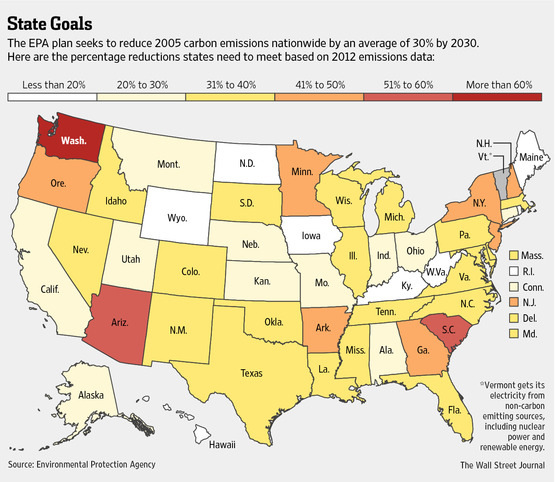Mackenzie Marcotte
What policy or issue are you most following while in Washington?
By Mackenzie Marcotte
Summer 2014
Living in a city of hyper-informed political junkies may well intimidate the average person out of trying to keep up with policy issues, and yet the intoxicating passion and drive of D.C. seems to have the opposite effect. But if you plan to stay afloat, you need to choose an issue and start reading. For me, it’s the environment.
On June 2nd, the EPA (Environmental Protection Agency), as directed by President Obama, proposed stricter regulations to cut domestic carbon emissions by 30 percent from 2005 levels. In developing a plan to reduce the number one cause of climate change (carbon), the EPA naturally looked to the nation’s largest polluters—coal-fired power plants. Stationary power plants, which on average have been in continuous operation for 42 years, account for one third of annual carbon emissions nationwide (Washington Post).
On June 23rd, the Supreme Court sided with environmentalists in Utility Air Regulatory Group v. EPA. This important decision reaffirmed the EPA’s right to regulate carbon like any other toxin under the Clean Air Act and approved the agency’s power to do so without congressional approval. With support from the Supreme Court, the EPA’s proposed rule will remain as-is for public comment. During this period, opponents may submit their own studies, recommendations, and objections to the proposal, which will be considered by the EPA during revision. In terms of implementation, the proposal offers states a variety of ways to reduce carbon emissions, including diversifying sources to include more renewable energy (such as wind or solar). The image below shows the percentage by which each state will be required to reduce emissions.
The U.S. Chamber of Commerce (USCC), a stark opponent to increased carbon regulation, has released multiple statements and studies objecting on the grounds of negative economic impact(s). According to the USCC, the proposed carbon limits will cost American businesses and consumers $289 billion in increased energy costs and even more in lost productivity from fewer energy jobs (CNBC). Interestingly, counter studies predicted energy savings of $24 billion and $13 billion for business and households, respectively, and the creation of 274,000 jobs by 2020 (CNBC). Further, a poll conducted by Yale University in April shows that the majority (64 percent) of Americans support stricter carbon limits despite the potential for increased energy prices.
Perhaps the EPA’s most profound argument is the rule’s significant projected public health benefit. When fully implemented, the proposed limits will reduce carbon, soot, sulfur dioxide, and nitrogen oxide emissions, costing between $7 billion and $8 billion but reaching estimated health cost savings of $55 billion to $93 billion. For every dollar invested in the proposed rule, the EPA estimates a sevenfold gain in public health benefits (EPA). Additionally, a recent Harvard/Syracuse University study examines the hundreds of thousands of lives that will likely be saved and/or significantly improved when cleaner environments lead to fewer cases of asthma, lung disease, and heart attack.
Together, President Obama’s Climate Action Plan and the EPA’s proposed limits aim to set a precedent domestically and for Europe and Japan to follow suit in reducing global greenhouse gas emissions while also ensuring the stability of American energy. Naysayers will continue to find creative ways to frame climate change as less of a problem than it is, but the truth remains that clean energy is the only responsible way forward. The President’s plan relies heavily on the EPA’s right to regulate greenhouse gas emissions without congressional permission, and it is my hope that with the support of the Supreme Court and the American people, the U.S. will move in a direction toward fulfilling our obligation of a clean environment for all.
Mackenzie is a Political Science Major and is currently interning at the Department of Justice.


